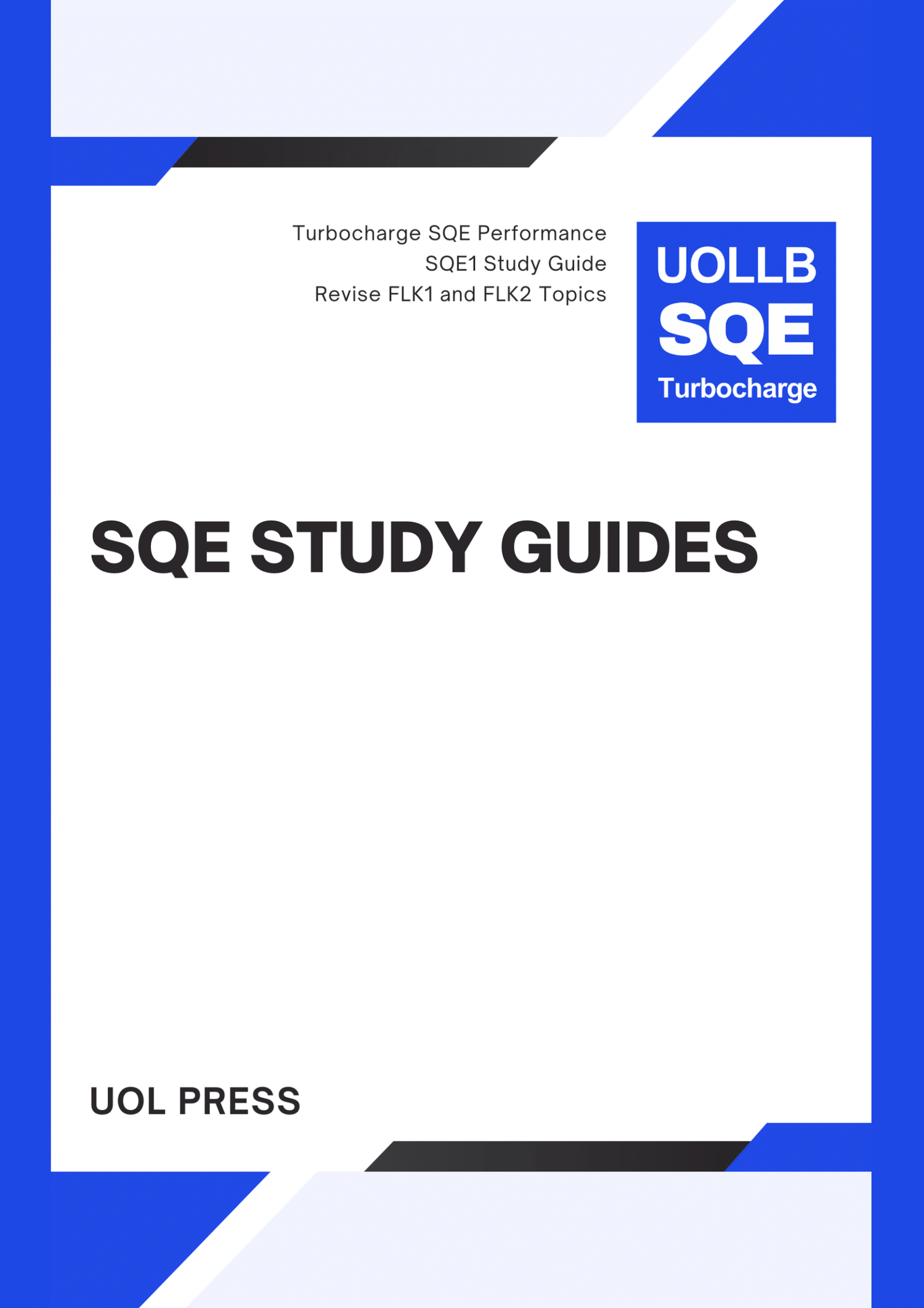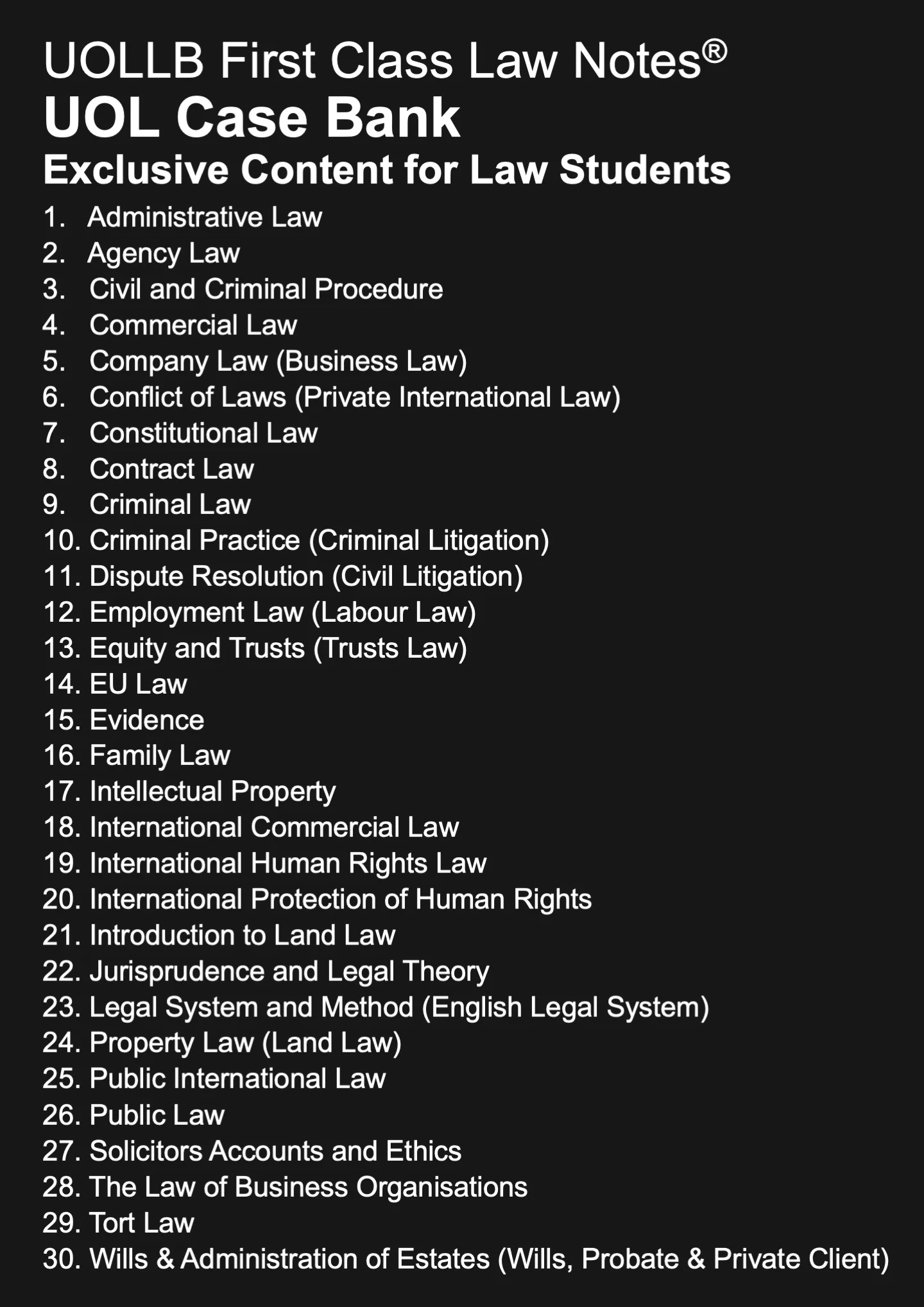Liability of Involuntary Recipients for Confidential Information
Share
The position of involuntary recipients in liability for confidential information can be complex and may depend on the specific circumstances and applicable laws. In general, involuntary recipients refer to individuals or entities who unintentionally receive or come into possession of confidential information without actively seeking or soliciting it.
Lack of intent: Involuntary recipients typically lack the intention to obtain or use the confidential information. Their acquisition of the information may be accidental, inadvertent, or beyond their control.
Duty of confidentiality: In certain circumstances, involuntary recipients may still be subject to a duty of confidentiality if they become aware that the information is confidential. For example, if they receive information through a confidential communication or in a professional or contractual context, they may have an obligation to maintain the confidentiality of the information.
Reasonable steps: Involuntary recipients are generally expected to take reasonable steps to maintain the confidentiality of the information once they become aware of its confidential nature. This may include refraining from disclosing the information, implementing security measures to prevent unauthorised access, and seeking legal advice to understand their rights and obligations.
Limited liability: Involuntary recipients may have limited liability compared to intentional infringers or parties who actively seek and exploit confidential information. Courts and legal systems may take into account the involuntary nature of the acquisition and use of the information when assessing liability and determining appropriate remedies.
The specifics of liability for involuntary recipients of confidential information can vary widely depending on the jurisdiction, the nature of the information, and the applicable legal framework. In many cases, a recipient's actions and intentions after becoming aware of the confidential information will be closely scrutinised to determine their liability.
Lack of intent: Involuntary recipients typically lack the intention to obtain or use the confidential information. Their acquisition of the information may be accidental, inadvertent, or beyond their control.
Duty of confidentiality: In certain circumstances, involuntary recipients may still be subject to a duty of confidentiality if they become aware that the information is confidential. For example, if they receive information through a confidential communication or in a professional or contractual context, they may have an obligation to maintain the confidentiality of the information.
Reasonable steps: Involuntary recipients are generally expected to take reasonable steps to maintain the confidentiality of the information once they become aware of its confidential nature. This may include refraining from disclosing the information, implementing security measures to prevent unauthorised access, and seeking legal advice to understand their rights and obligations.
Limited liability: Involuntary recipients may have limited liability compared to intentional infringers or parties who actively seek and exploit confidential information. Courts and legal systems may take into account the involuntary nature of the acquisition and use of the information when assessing liability and determining appropriate remedies.
The specifics of liability for involuntary recipients of confidential information can vary widely depending on the jurisdiction, the nature of the information, and the applicable legal framework. In many cases, a recipient's actions and intentions after becoming aware of the confidential information will be closely scrutinised to determine their liability.

























































